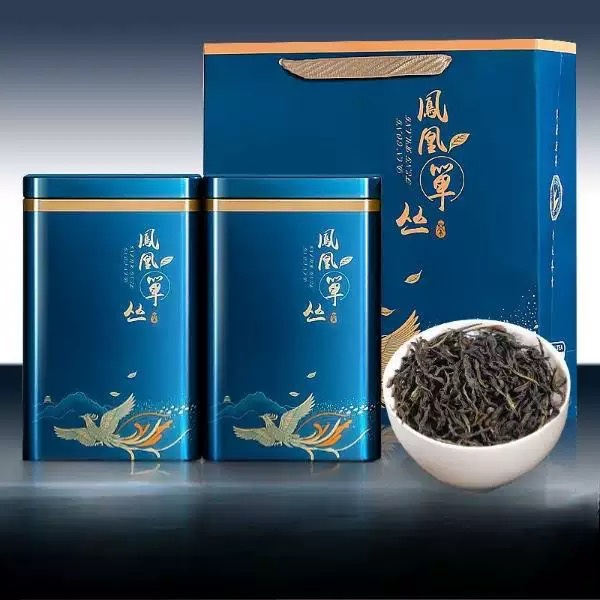
# Oolong Tea’s Impact on Metabolic Health
## Introduction
Oolong tea, a traditional Chinese tea with a rich history, has gained increasing attention in recent years for its potential benefits on metabolic health. This partially oxidized tea sits between green and black tea in terms of processing and flavor profile, offering a unique combination of compounds that may influence various aspects of metabolism.
## Understanding Oolong Tea’s Composition
Oolong tea contains a complex mixture of bioactive compounds that contribute to its metabolic effects:
– Polyphenols (especially catechins and theaflavins)
– Caffeine
– Theanine
– Minerals (including manganese, potassium, and magnesium)
– Various antioxidants
The specific composition varies depending on the oxidation level (typically 20-80%) and processing methods of different oolong varieties.
## Oolong Tea and Weight Management
Several studies have investigated oolong tea’s potential role in weight management:
### Fat Oxidation
Research suggests that oolong tea may increase fat oxidation by 12% compared to water consumption. The combination of caffeine and polyphenols appears to stimulate the sympathetic nervous system, enhancing fat breakdown.
### Thermogenesis
Oolong tea has been shown to boost energy expenditure by approximately 3-4% over a 24-hour period. This thermogenic effect may contribute to modest weight loss over time when combined with a healthy diet and exercise.
### Appetite Regulation
Some evidence indicates that compounds in oolong tea may help regulate appetite hormones like ghrelin, potentially reducing overall calorie intake.
## Blood Sugar Regulation and Diabetes Prevention
Oolong tea shows promise in improving glucose metabolism:
### Insulin Sensitivity
Regular consumption may improve insulin sensitivity, helping cells utilize glucose more effectively. A study in Diabetes Care found that drinking oolong tea daily was associated with a 16% lower risk of developing type 2 diabetes.
### Postprandial Glucose Control
The polyphenols in oolong tea may inhibit carbohydrate-digesting enzymes, leading to slower glucose absorption after meals and more stable blood sugar levels.
Keyword: Oolong Tea and Metabolism
## Lipid Metabolism and Cardiovascular Health
Oolong tea’s impact extends to lipid metabolism:
### Cholesterol Reduction
Studies have demonstrated that oolong tea consumption can lower LDL (“bad”) cholesterol while maintaining or slightly increasing HDL (“good”) cholesterol levels.
### Triglyceride Reduction
The tea’s antioxidants may help reduce triglyceride levels in the bloodstream, contributing to better cardiovascular health.
## Practical Recommendations
To maximize oolong tea’s metabolic benefits:
– Consume 2-3 cups daily (about 300-500ml total)
– Brew leaves at 85-95°C (185-205°F) for 1-3 minutes
– Choose high-quality, loose-leaf varieties when possible
– Avoid adding excessive sugar or sweeteners
– Combine with a balanced diet and regular physical activity
## Potential Considerations
While generally safe, some individuals should exercise caution:
– Those sensitive to caffeine may experience sleep disturbances
– People with iron deficiency should avoid drinking tea with meals as it may inhibit iron absorption
– Individuals on certain medications should consult their healthcare provider due to potential interactions
## Conclusion
Oolong tea offers a natural, enjoyable way to support metabolic health through multiple mechanisms. While not a magic solution, its regular consumption as part of a healthy lifestyle may contribute to improved weight management, blood sugar control, and lipid metabolism. As research continues, oolong tea’s role in metabolic health appears increasingly promising.